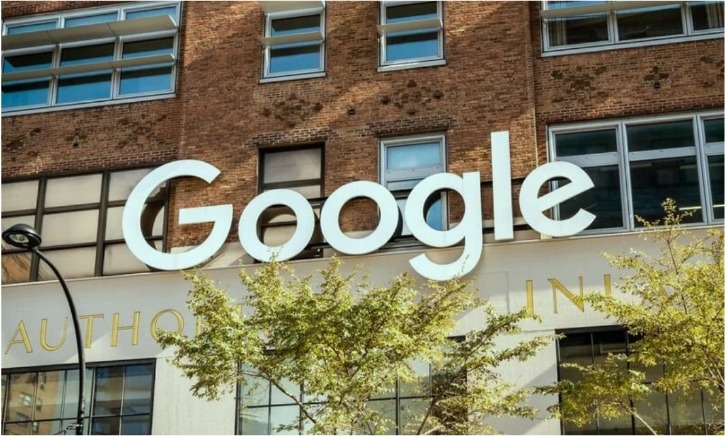
Google has released the findings of an audit examining the company’s policies and services’ impact on civil rights, with recommendations to address issues such as misinformation and hate speech. The report, conducted by law firm WilmerHale, was commissioned by Google amid increasing pressure from advocates to undertake a review of its policies. The review recommended that Google, particularly its subsidiary YouTube, should review its hate speech and harassment policies to address issues such as intentional misgendering and deadnaming of individuals, and “adapt to changing norms regarding protected groups.”
In addition, the review suggested that to tackle misinformation related to elections, Google should ensure that employees with language fluency are more involved in enforcement actions, rather than relying on translation. The report also recommended the development of additional metrics to track the speed and efficiency with which Google removes ads on election-related misinformation, including imposing higher penalties and permanent suspension in the case of repeat offenders.
Google’s head of civil rights, Chanelle Hardy, said in an emailed statement on Friday that the company is committed to constantly improving and strengthening its approaches to civil and human rights. In recent years, Google and other big tech firms have been accused by human rights groups of not prioritizing rights issues. Amnesty International, in a 2019 report on Google and Facebook, claimed that the companies’ surveillance-based business model is inherently incompatible with the right to privacy and poses a threat to other rights such as freedom of opinion and expression, freedom of thought, and the right to equality and non-discrimination.
In response to these criticisms, Google has taken steps to address civil rights issues, including establishing a team dedicated to human rights, updating policies related to harassment and hate speech, and increasing transparency around government requests for user data. However, the company has faced ongoing criticism from advocates who say that more needs to be done to protect users’ rights.
Google’s civil rights audit comes as tech companies face increased scrutiny over their role in shaping public discourse and the spread of misinformation online. In recent years, social media platforms like Facebook and Twitter have faced criticism for allowing hate speech and misinformation to flourish on their sites. The COVID-19 pandemic has also highlighted the dangers of misinformation, with false information about the virus and its treatments spreading rapidly online.
Given the significant impact that social media and other online platforms have on public discourse, it is critical that companies like Google take responsibility for the content on their sites and work to address civil rights issues. As technology continues to play an increasingly important role in our lives, it is essential that we ensure that these tools are used to promote human rights and social justice rather than to perpetuate discrimination and inequality.
Google’s release of its civil rights audit and the recommendations made by the audit represent an important step towards addressing civil rights issues on the platform. It is now up to Google to take these recommendations seriously and work to ensure that its policies and services are aligned with the principles of human rights and social justice.
